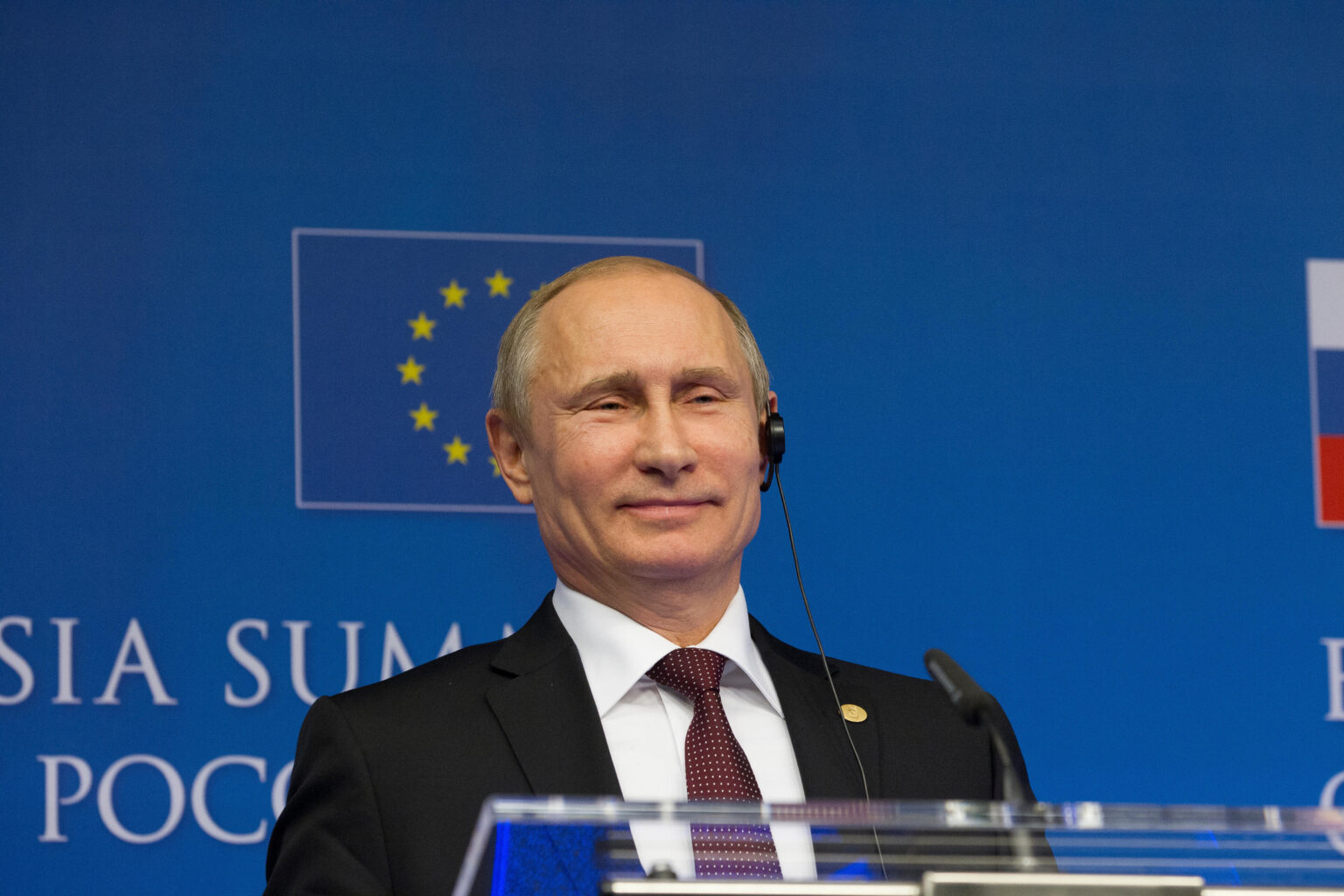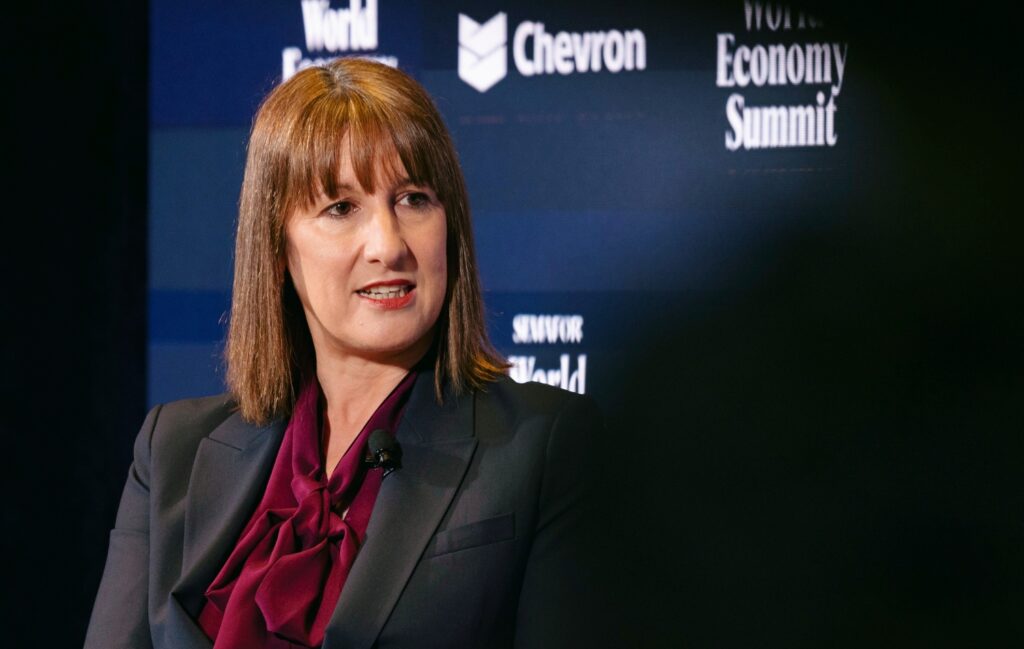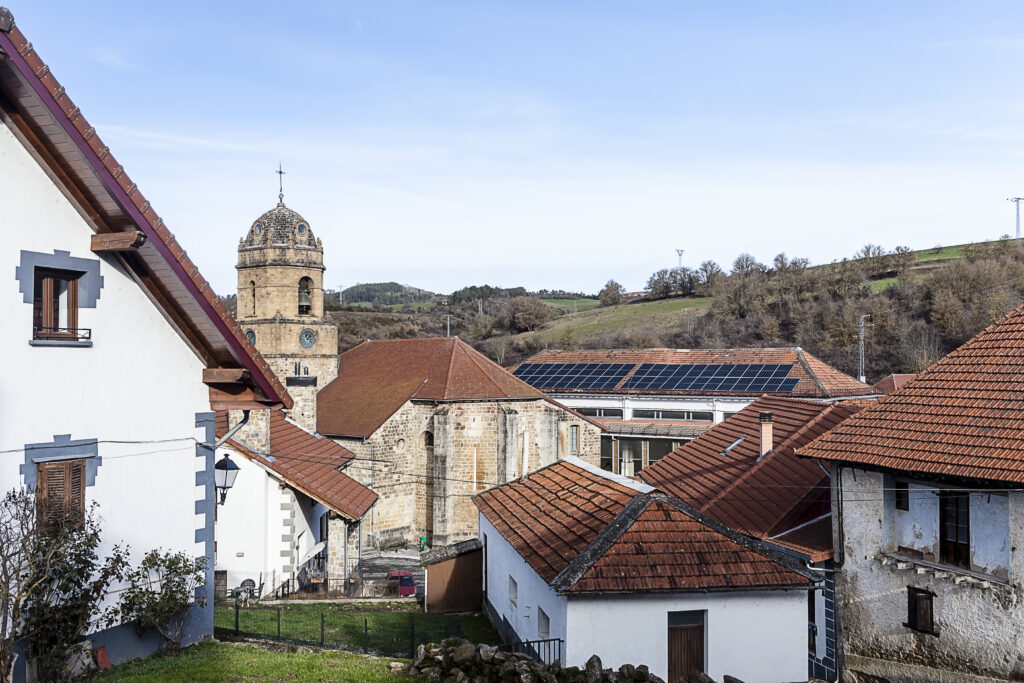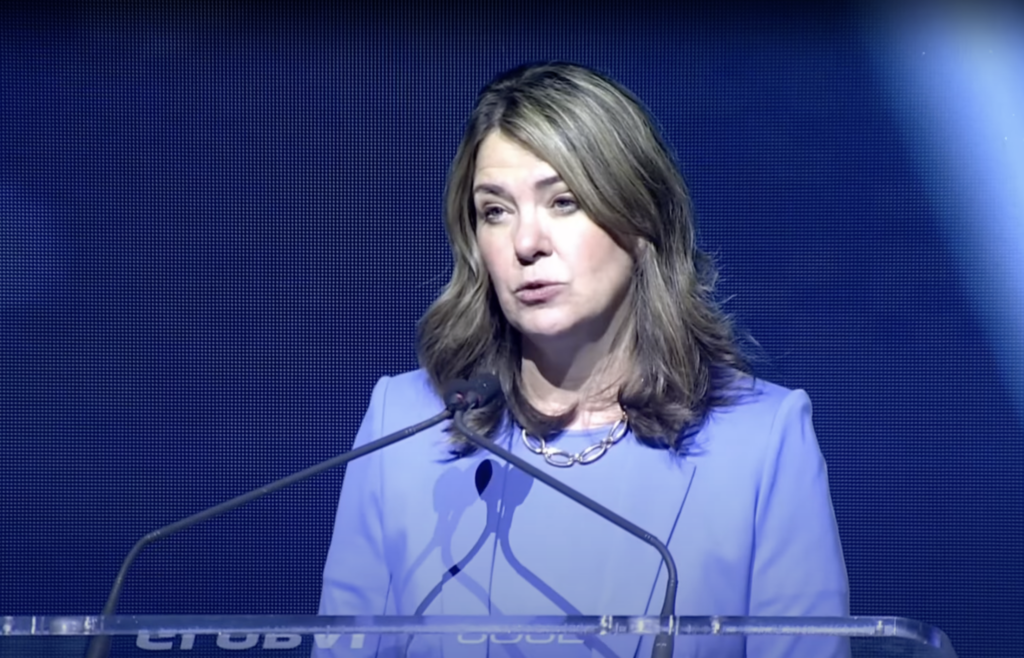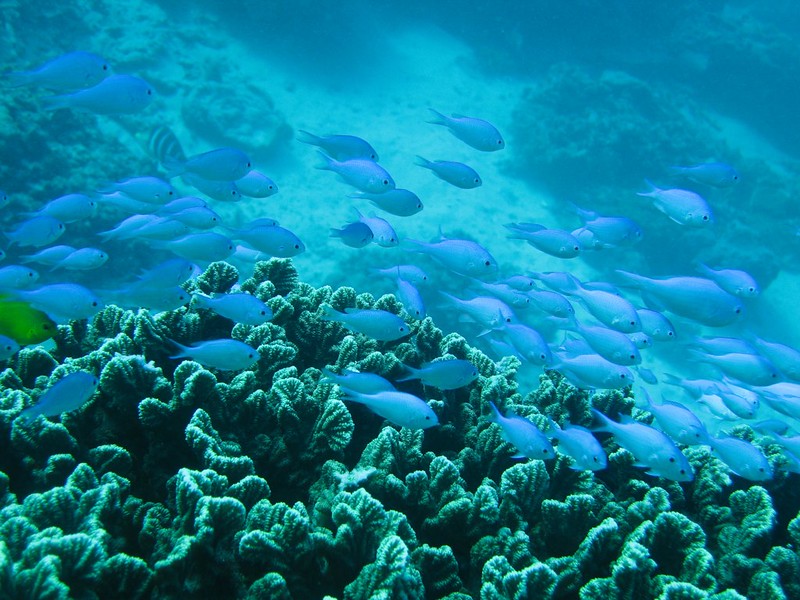Russia has been spreading climate disinformation in Poland as part of a “long-term cognitive war” to sow division.
This is according to a major new report by Poland’s military counterintelligence service, which reviewed over 2,000 unclassified and classified documents from 2004 through to 2024.
“The conclusions are alarming,” said the commission of 11 independent experts in a press release. The “cognitive war” waged by Russia, with the help of Belarus, would “lead to increased social polarization and devastation of trust in democratic structures and, as a result, to weakening and disintegrating the West.”
The commission pointed to an onslaught of Russian-driven conspiracy theories and other forms of online disinformation over the 20-year period, “based on criticism and undermining confidence in democratic institutions and processes, including the government, NATO and the European Union”.
Subscribe to our newsletter
Stay up to date with DeSmog news and alerts
Russia and Belarus had also tried to undermine public confidence in climate science, net zero and the EU’s Green Deal – the bloc’s flagship plan to cut greenhouse gas emissions by 55 percent by 2030 – over a critical period for global energy policy, the report found.
Between May 2022 and May 2024, Russia was the main “communication creator” in online discussions about green energy on Polish social media and news sites, the authors said. In the two years following Russia’s invasion of Ukraine, the Kremlin sought to “undermine green policies, promote conspiracy theories and […] attack climate activists directly”.
The report, released in January, suggests that the Russian government and non-governmental groups were behind the misinformation drive. It also claimed that Moscow spent up to $4 billion a year on disinformation and “propaganda”.
“Russia wants to destabilise the situation in Poland via cyberspace,” said Poland’s deputy prime minister Krzysztof Gawkowski in an interview with news platform Onet. “Russia wants to create a panic in the infosphere, but that also concerns critical infrastructure.”
This was particularly concerning in light of Poland’s upcoming presidential elections in May, Gawkowski added.
“Russia has planned massive operations of various kinds concerning the Polish infosphere for the next five months, especially before the presidential elections,” he claimed. “This is being done by Russian military intelligence and this cannot be hidden.”
Moscow and Minsk did not respond to DeSmog’s requests for comment.
Modes of Influence
The commission found that false narratives were spread through Russian state media outlets like Sputnik, as well as in comment sections on social media and Polish news media sites. Blogs spreading disinformation were amplified on social media, with bots, trolls and cyber attacks used to disrupt climate discussions.
The authors identified four main methods they claimed were used by Russia and Belarus to undermine green policies – including Poland’s ambitious goal to slash emissions by 90 percent by 2040 in line with EU targets.
These included undermining the value of scientific research and making accusations against the scientific community, engaging politicians as ‘climate experts’ while ignoring the views of experts, and using conspiracy theories to undermine climate science and trust in Poland’s public institutions.
Researchers identified one conspiracy theory which suggested that the EU’s Emissions Trading Scheme (ETS), a mechanism intended to regulate the bloc’s greenhouse gases, was a ploy by western bankers to bankrupt Poland.
Russian climate disinformation was identified in articles and discussions across a range of policy areas – from energy prices to food and farming, the ETS and the COP26 climate summit.
Professor Szymon Malinowski, a climate scientist at the University of Warsaw, said he had noticed a surge in online disinformation.
“I started to notice an increasing number of internet trolls, fake accounts that exist for a short time and are poorly established in the community, undermining research results, expressing negative opinions about scientists and science,” said Malinowski in an interview with the Polish newspaper Gazeta Wyborcza.
“They promote ‘conspiracy theories’ and discourage pro-climate action. Unfortunately, this tactic seems to be having an impact on public opinion.”
The report’s authors characterised Poland’s response to the misinformation drive as “insufficient, ad hoc, inconsistent” – and prescribed new government-led policies to counter disinformation “as a matter of national security”.
The set of recommendations include provisions to better regulate online spaces, protect journalistic integrity and provide media literacy education. The Polish government should also work more closely with the media, granting journalists “access to direct witnesses of events and to uncensored visual materials”.
“Above all, there is a need for a strategy to counteract misinformation that takes into account the voice of expert, journalistic and non-governmental communities,” the authors added.
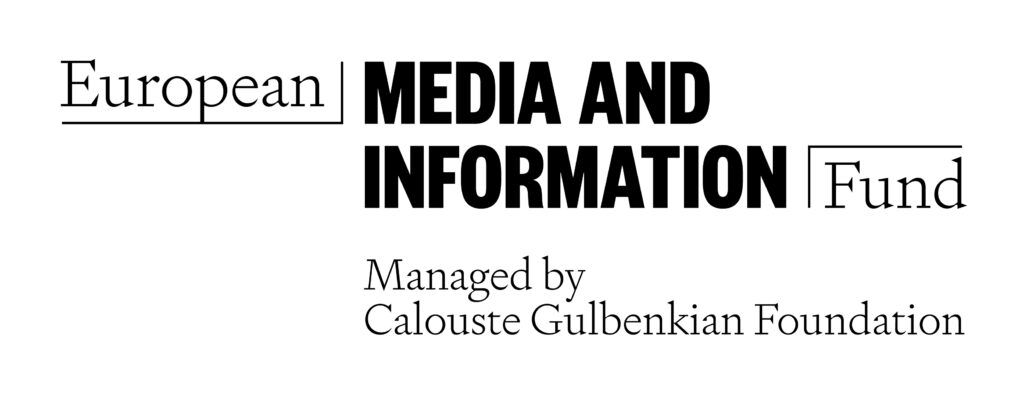
The sole responsibility for any content supported by the European Media and Information Fund lies with the author(s) and it may not necessarily reflect the positions of the EMIF and the Fund Partners, the Calouste Gulbenkian Foundation and the European University Institute.
Subscribe to our newsletter
Stay up to date with DeSmog news and alerts


